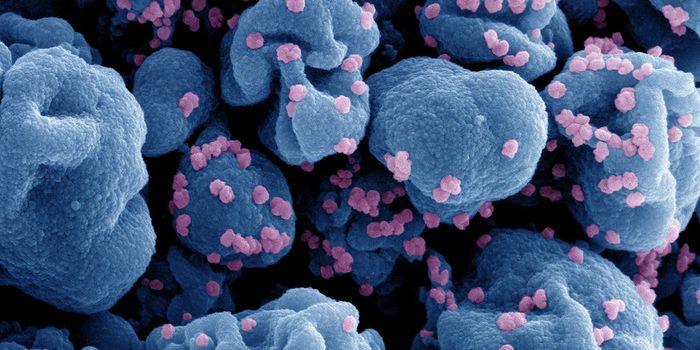Increased Belly Fat with Aging Linked to Reduced Mental Flexibility
Did you ever consider that your brain can flex similarly to the way your biceps can? Sure, brain flexing is more abstract and less literal, but the concept applies. As humans age, natural lifestyle changes often occur that include less physical activity and increased calorie consumption, and researchers think these changes affect the brain’s ability to “flex.” Even more, the immune system could be the reason why.
Researchers from the present study looked specifically at how loss of muscle mass and increased body fat affect cognition with age. Considering potential new therapeutic approaches for aging adults, experts might be able to specifically target those aging adults facing issues with obesity, sedentary lifestyles, and muscle loss.
The study included a data analysis from more than four thousand participants - male and female adults middle-aged and older. Researchers collected direct measurements of lean muscle mass, abdominal fat, and subcutaneous fat and compared such values to changes in fluid intelligence over six years. Psychology Today defines “fluid intelligence” as the “capacity to think logically and solve problems in novel situations, independent of acquired knowledge.”
Researchers observed higher quantities of midsection fat associated with reduced fluid intelligence in participants in their 40s and 50s. Greater muscle mass appeared to be protective of fluid intelligence. The link between fat, muscle mass, and fluid intelligence held true even when researchers controlled for factors like education level, socioeconomic status, and chronological age, as opposed to biological age. In this context, biological age is defined by the quantifiable presence of fat and muscle.
The foundation of the study dedicated to investigating the role of the immune system was based off of past research demonstrating links between higher body mass index and increased immune activity in the blood. Such immune activity is associated with immune activity in the brain and cognitive dysfunction.
In the study, researchers observed changes in lymphocytes and eosinophils correlated with increased abdominal fat and reduced fluid intelligence for females. For men, the key immune cells were basophils. The immune system appeared to play no role in the protective effect of muscle mass against reduced fluid intelligence.
In the future, researchers would consider applying the concepts gleaned from the present study to determine whether or not fat levels, muscle mass, and immune changes impact the development and progression of Alzheimer’s disease.
Sources: Iowa State University, Brain, Behavior, and Immunity








